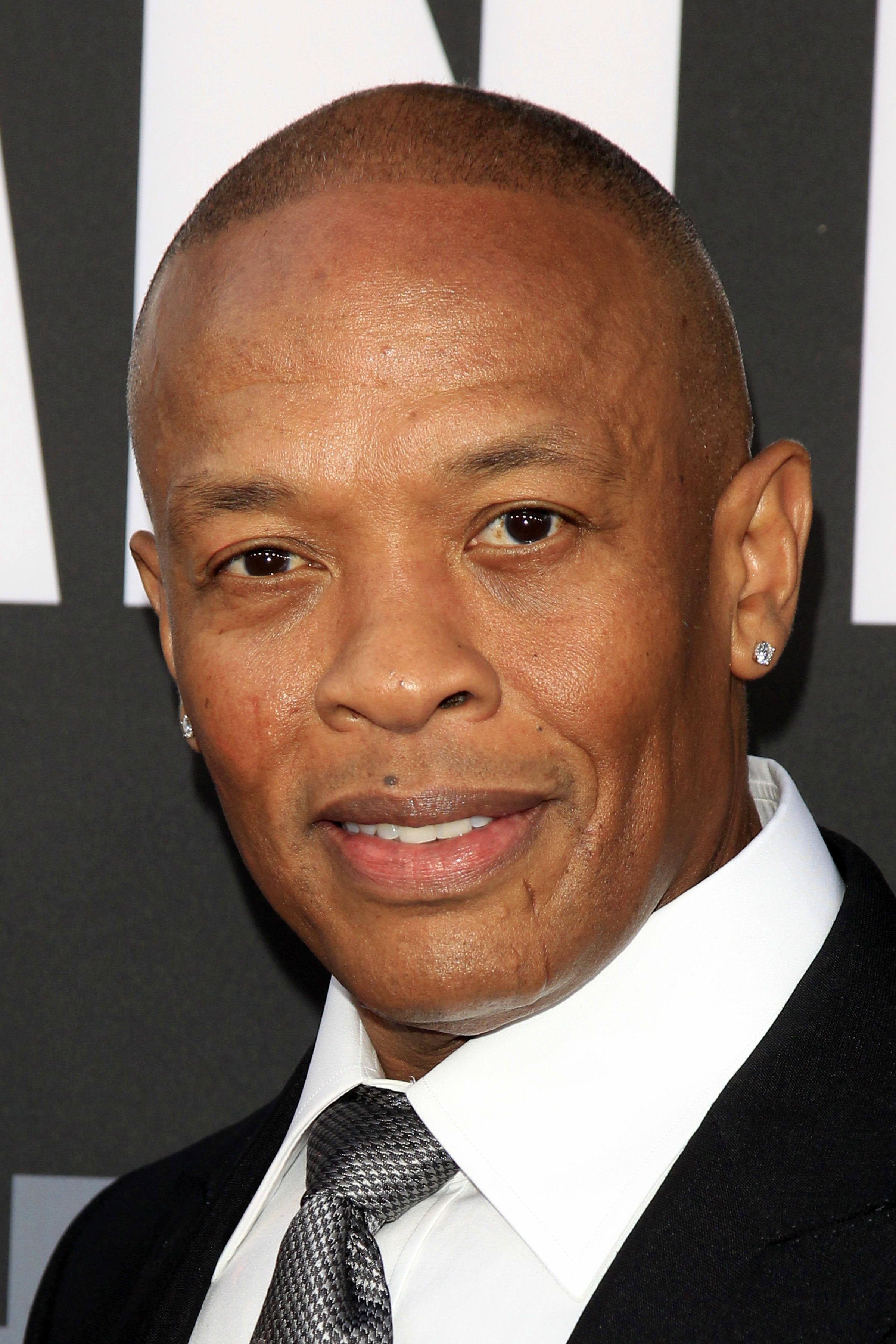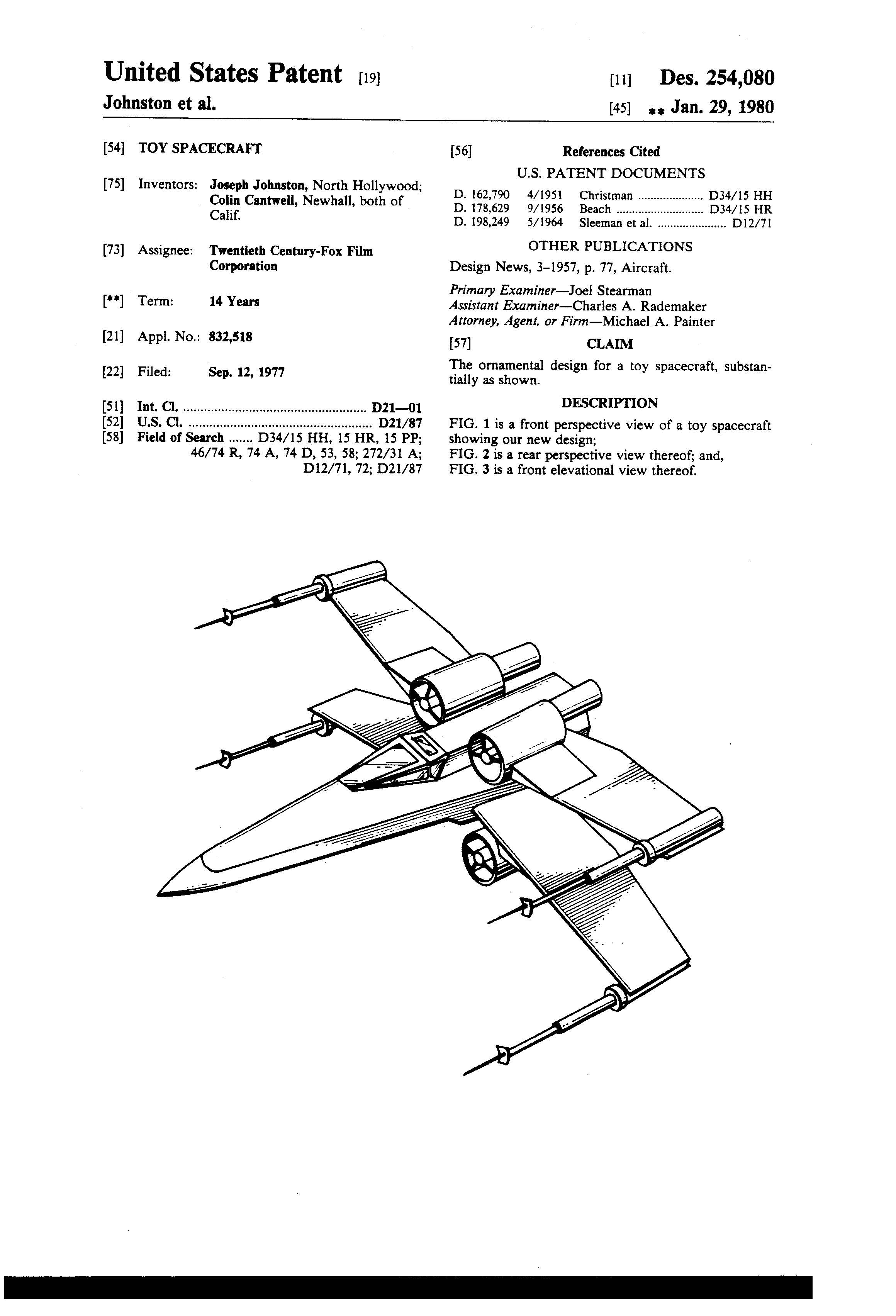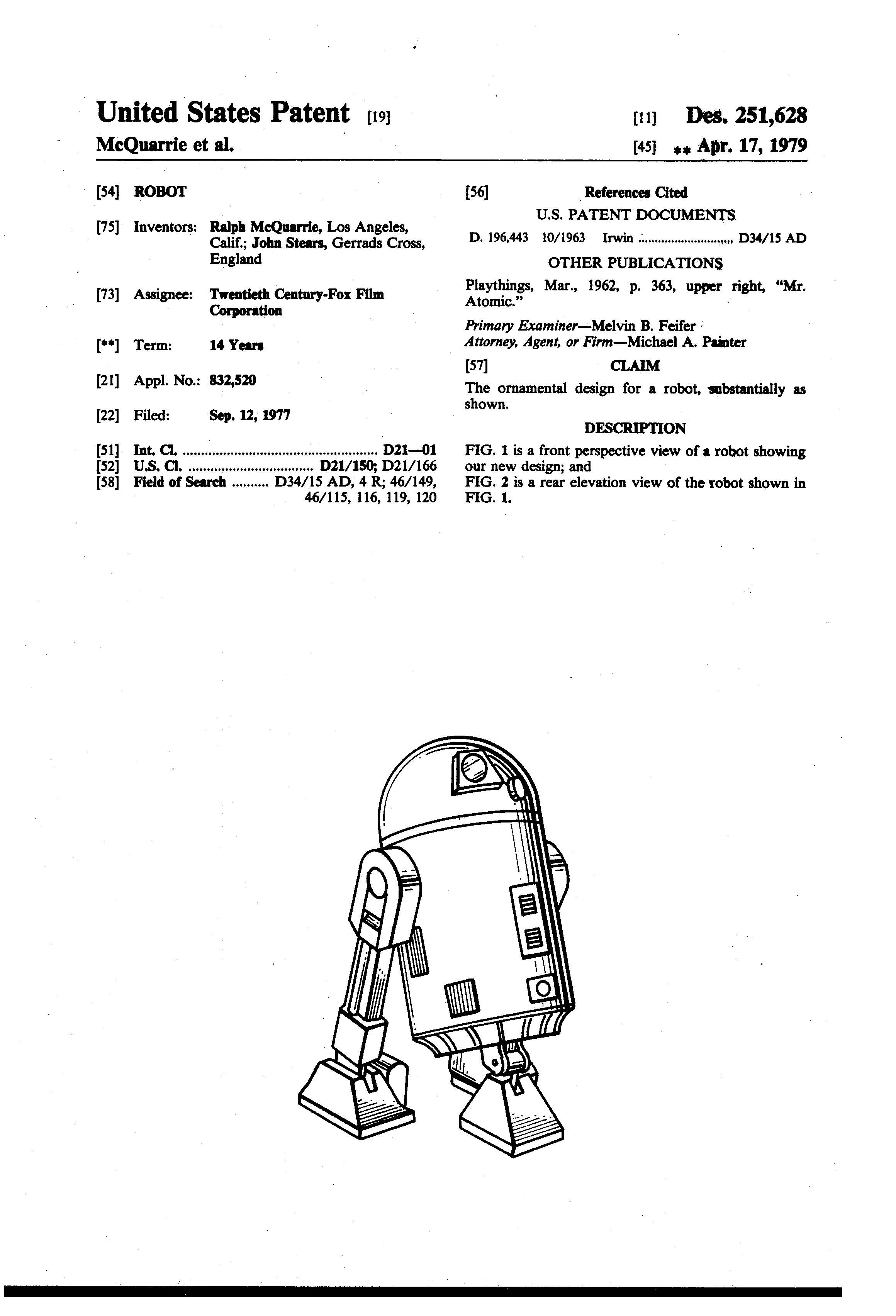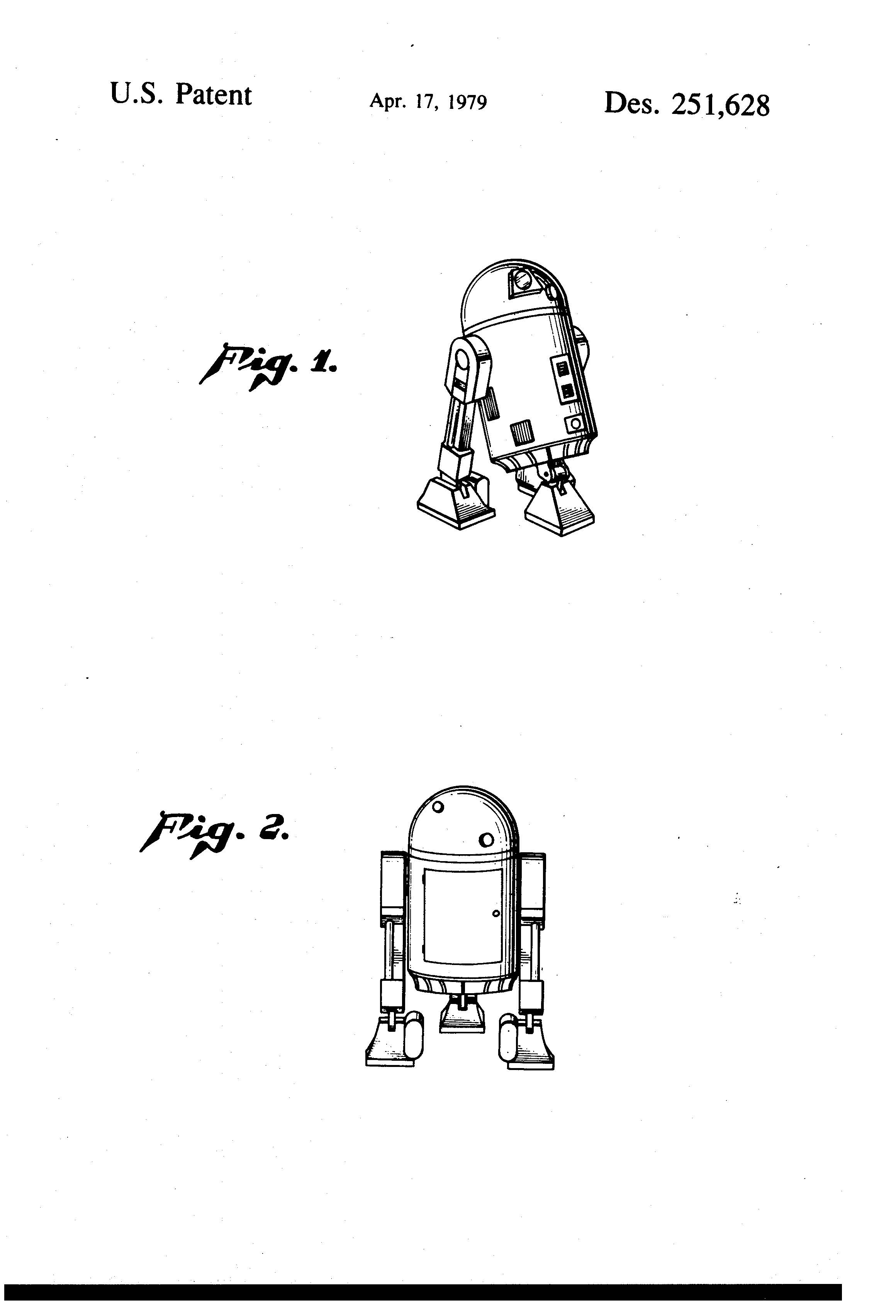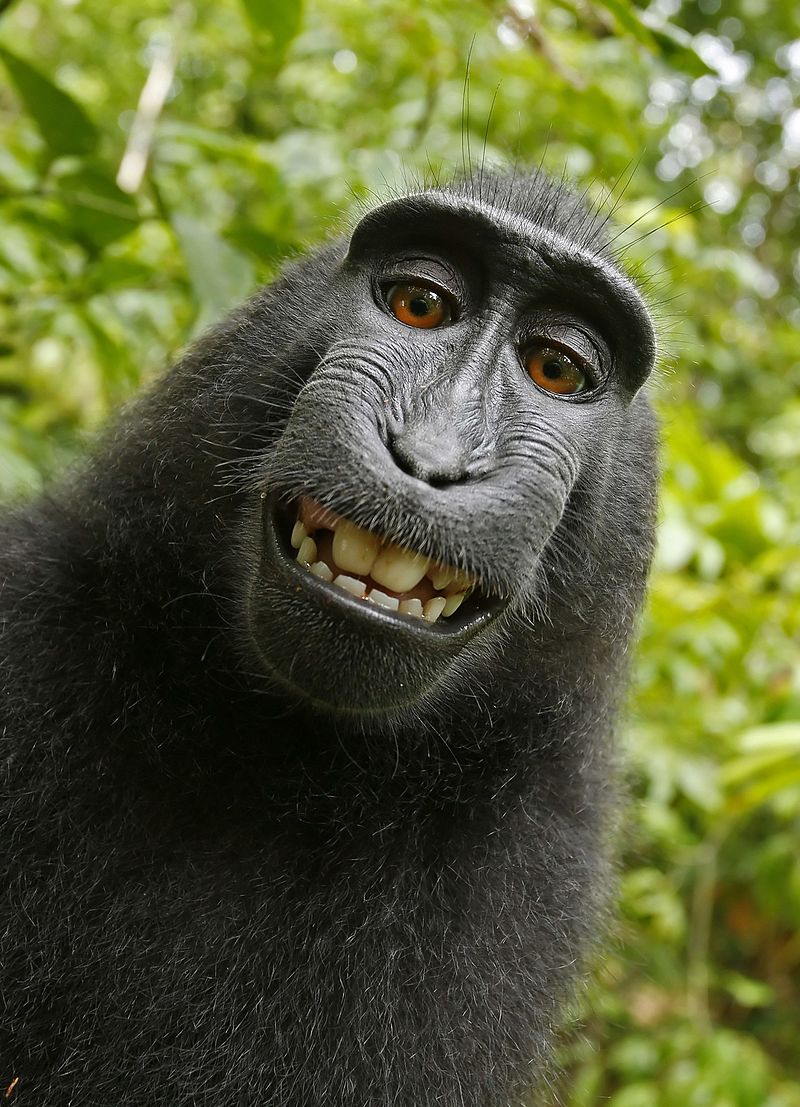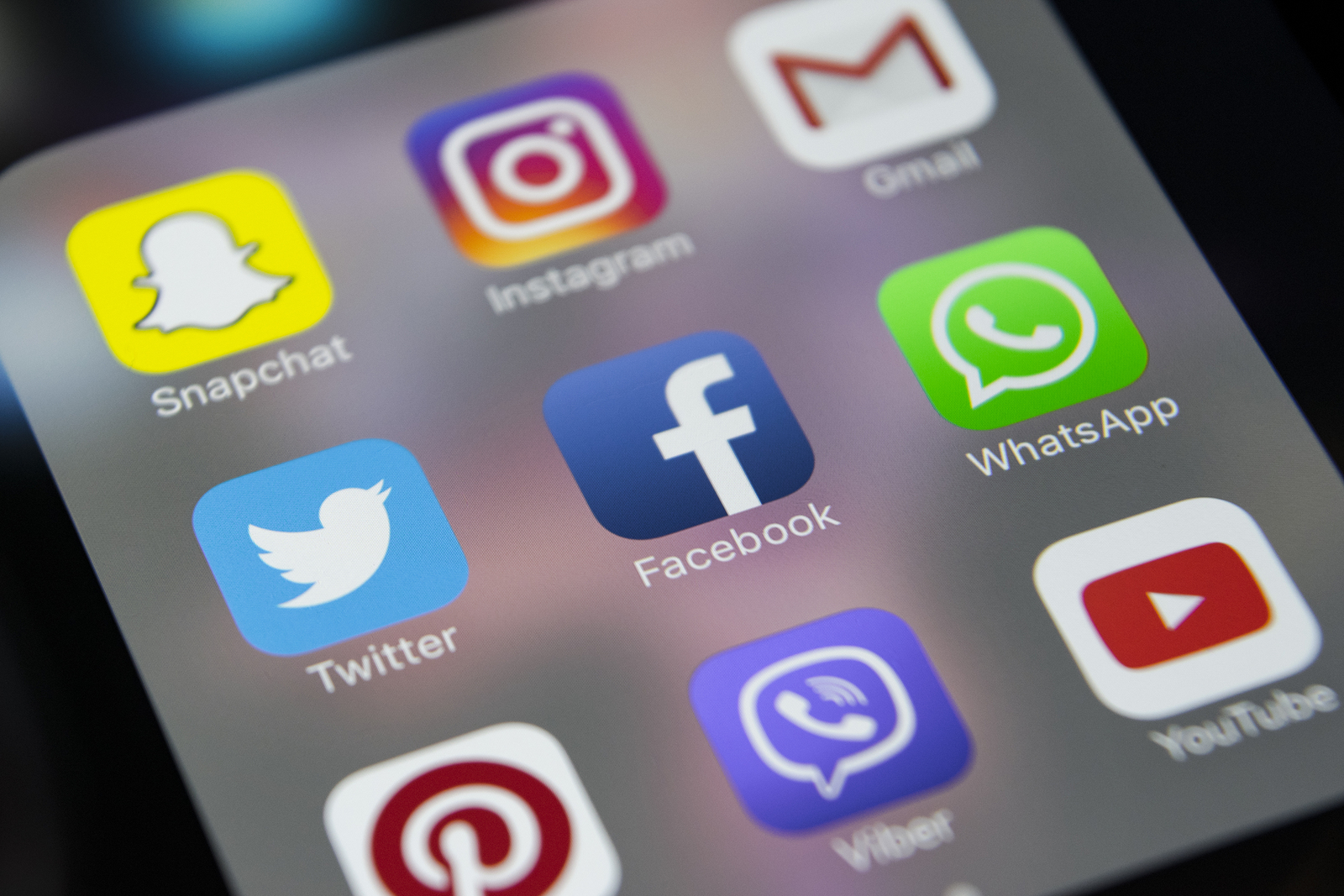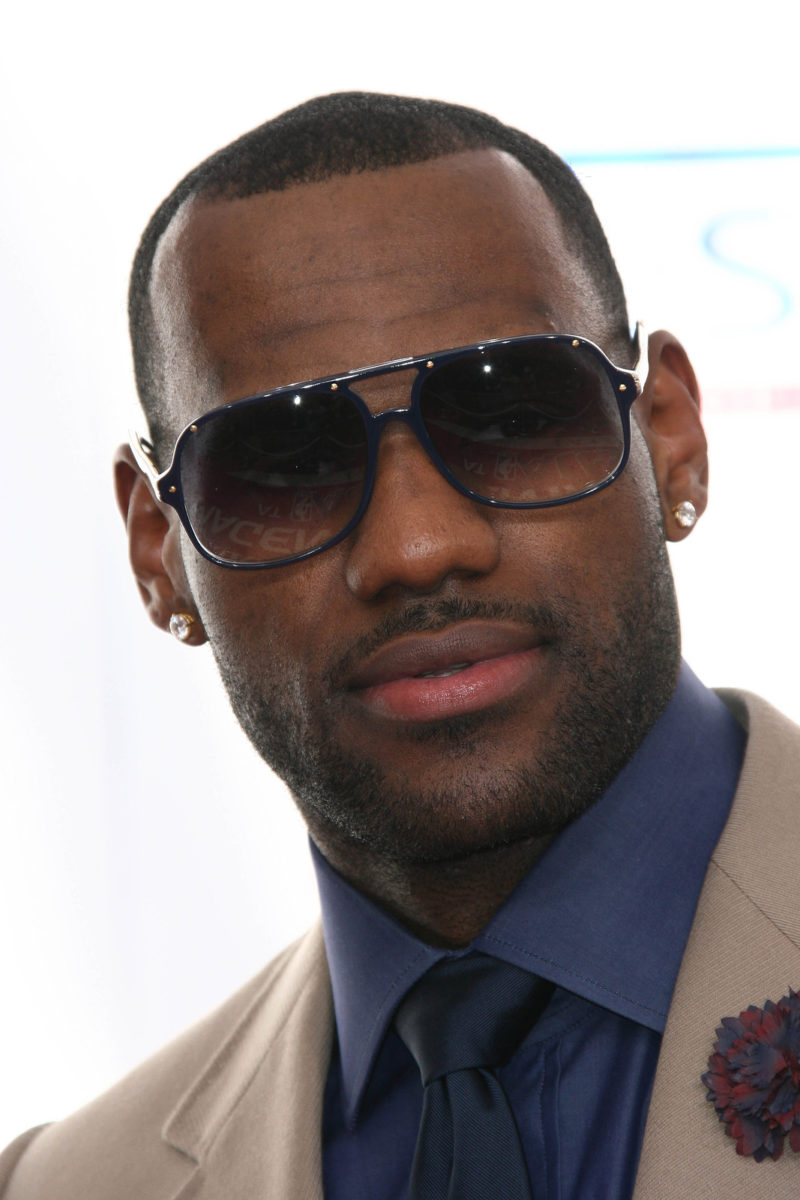Issuance of the 10 Millionth Patent Nears
It has been over 225 years since the first patent was issued. Samuel Hopkins was granted the first patent in the United States on July 31, 1790, for “The Making of Potash and Pearl Ashes” U.S. Patent No. X1. The patent was signed by President Washington, Attorney General Randolph, and Secretary of State Jefferson. The original document is in the collections of the Chicago Historical Society.
The 1 millionth patent (U.S. Patent No. 1,000,000) was granted on August 8, 1911, to Francis H. Holton of Akron, Ohio for a “Vehicle Tire”. This tire was designed to be more resilient to “injury by puncture and very much more durable in service as well as being considerably less expensive in original cost.”
There is a lot of buzz in the patent world as the issuance of the 10 millionth patent nears. The USPTO recently stated at this year’s SXSW’s conference that “[g]iving inventors exclusive rights to their ideas was defined in the U.S. Constitution, and the 10 millionth represents a significant milestone documenting the United States’ global achievements in innovation and the economic powerhouse that can be built with over 200 years of intellectual property protection.”
The USPTO also released a video clip capturing their excitement as well.
We're getting ready. #10MillionPatents pic.twitter.com/0Rhgx52Sq1
— USPTO (@uspto) June 4, 2018
Office Hours June 28 at the Brookings, SD Office
Suiter Swantz IP will hold office hours at our Brookings, SD satellite office located in the South Dakota State University Research Park on June 28th.
Feel free to send Matt Poulsen an email (map@suiter.com) if you’d like to reserve a time to meet or have any questions.
Suiter Swantz IP
402-496-0300
www.suiter.com
Rap Icon Dr. Dre Loses Trademark Battle Against Dr. Drai, OB/GYN
Dr. Dre, the rapper, producer, creator of Beats headphones, and discoverer of famous rap artists such as Snoop Dogg, Eminem, and 50 Cent, was recently in the news for a trademark dispute over his name.
In 2015, a doctor by the name of Draion Burch filed trademark applications for “Dr. Drai” and “Dr. Drai OBGYN and Media Personality.” Dr. Drai is a Pennsylvania based gynecologist who, according to his website, “is a nationally-recognized author, speaker, consultant, and go-to media expert on women's health and transgender health issues.” He also has a YouTube channel where he gives medical tips and “provides on-point advice on off-the-wall questions.”
When Dr. Dre’s camp found out about Burch’s applications, they filed an opposition with the Trademark Trial and Appeal Board (TTAB) and sent a cease-and-desist letter to Burch.
In the opposition, Dr. Dre, whose real name is Andre Young, claimed his name was “sufficiently related” to the same avenues in which Burch was going to use his name; audio books, seminars, media, etc.
While individuals may be able trademark their name, problems can arise when the new trademark is similar enough to an existing trademark that it would lead to a likelihood of consumer confusion. In this case, Dr. Dre felt Dr. Burch’s applied-for services relate to the entertainment industry, where he is a highly recognizable figure, and the similarity of the names would cause confusion among consumers who would draw a false connection between the two “doctors.”
Burch stated he was “hurt that someone was attacking me in my position as being a doctor… I actually went to medical school."
Considering what the two “doctors” do it is hard to argue there could be any confusion between the two. The TTAB agreed and stated, “[t]he issue is not whether purchasers would confuse the goods or services but whether there is a likelihood of confusion as to the source of the goods or services.” The TTAB found “no evidence of record” that led them to believe “consumers would likely believe the parties’ goods and services would emanate from the same source.”
The TTAB dismissed the opposition, so, for now, Dr. Dre will have to forget about Drai.
Suiter Swantz IP is a full-service intellectual property law firm, based in Omaha, NE, serving all of Nebraska, Iowa, and South Dakota. If you have any intellectual property questions or need assistance with any patent, trademark, or copyright matters and would like to speak with one of our patent attorneys please contact us.
May 25, 2018, The Release of Solo: A Star Wars Story
Today, May 25, 2018, is the release of Solo: A Star Wars Story. Solo: A Star Wars Story is an installment of the Star Wars franchise which kicked off on May 25, 1997, when the intergalactic thriller Star Wars opened for the first time.
The film series has received seven Oscars and in the United States has earned $4.4 billion, internationally it has raked in $9 billion.
When the film series was released it was touted for its groundbreaking special effects and cinematography. From there it became an overnight success and has grown immeasurably. It has given rise to five feature films, five television series, Legos®, toys, cartoon series, video games, and many more.
Solo: A Star Wars Story is predicted to make $160-$170 million at the box office this weekend alone.
Below we look at some of the design patents associated with the Star Wars Franchise.

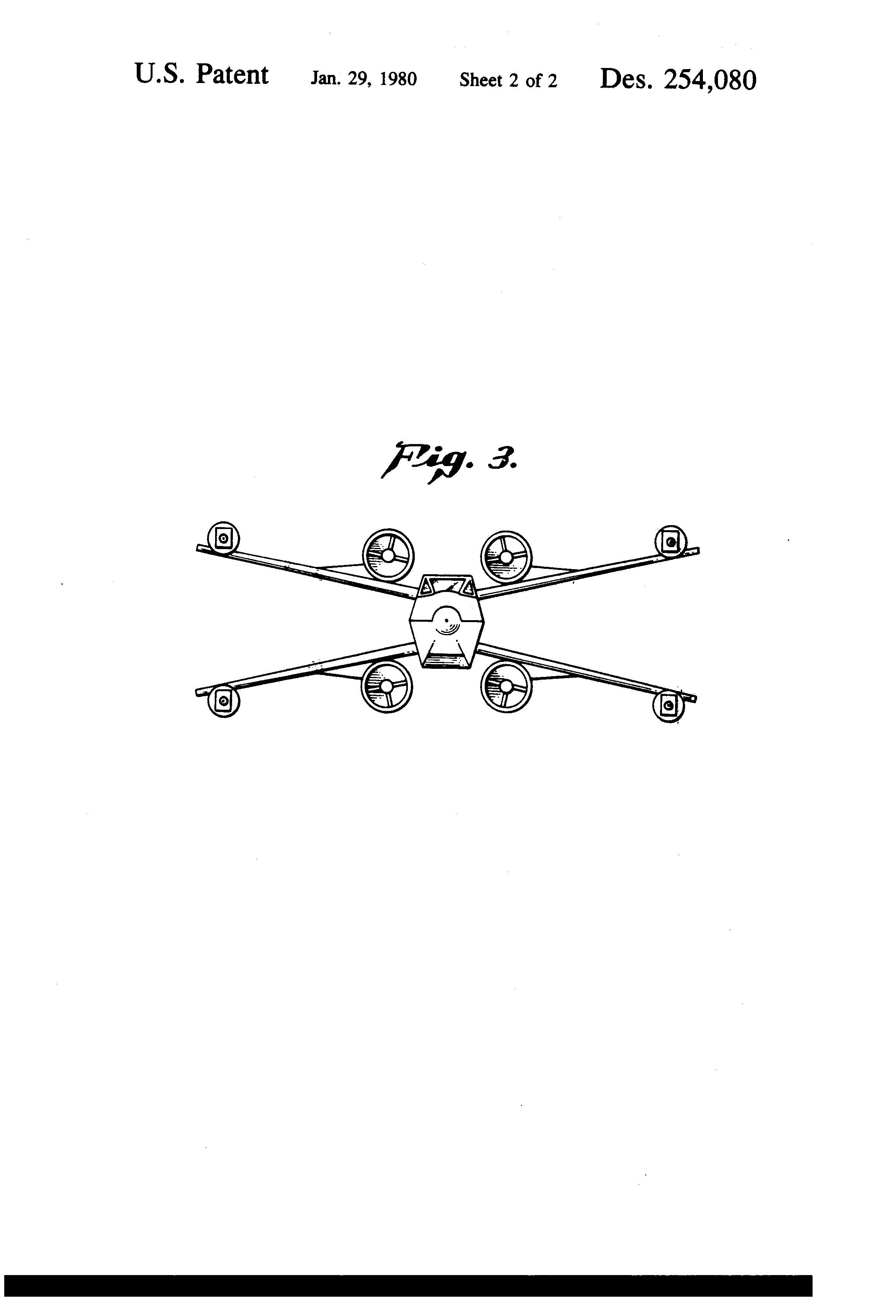

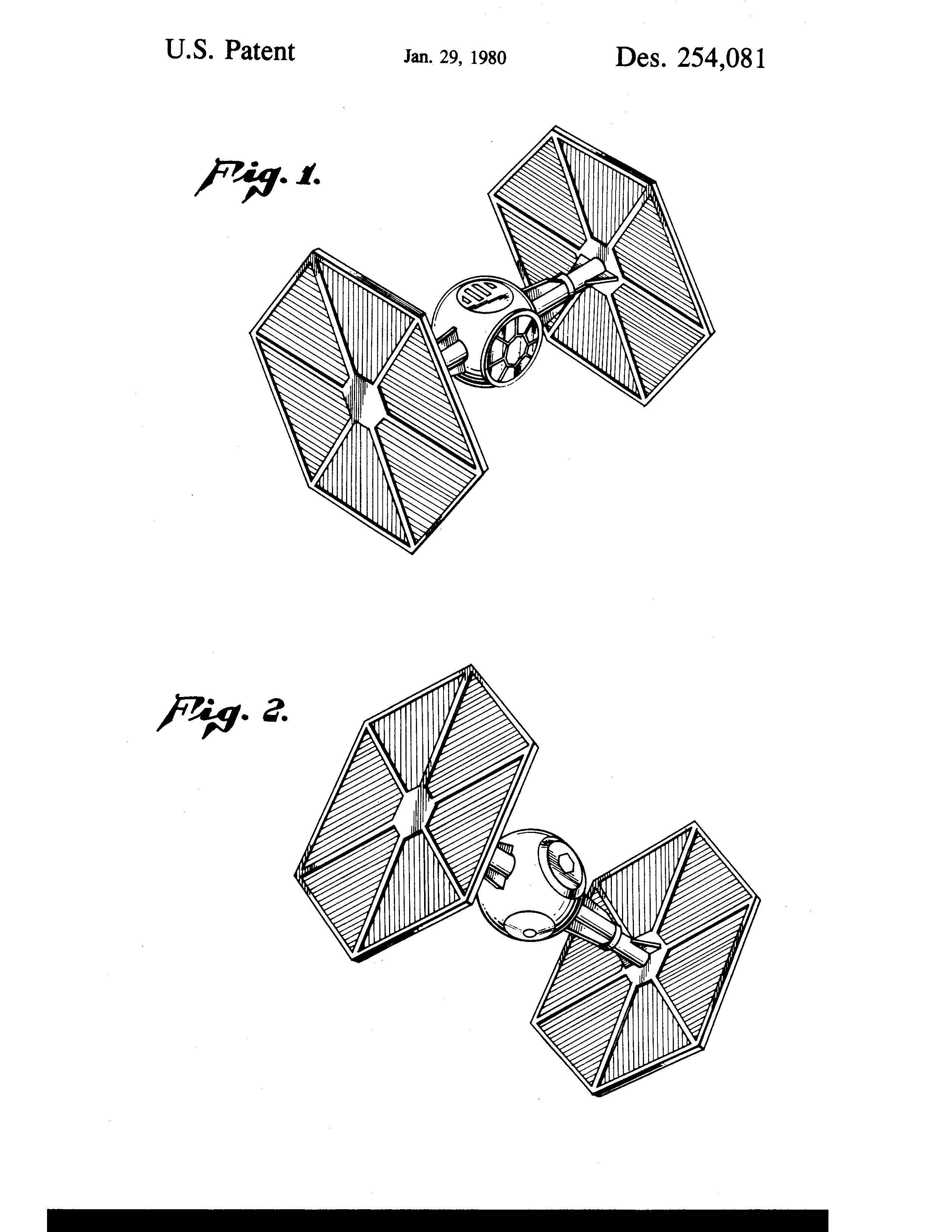
Suiter Swantz IP is a full-service intellectual property law firm, based in Omaha, NE, serving all of Nebraska, Iowa, and South Dakota. If you have any intellectual property questions or need assistance with any patent, trademark, or copyright matters and would like to speak with one of our patent attorneys please contact us.
USPTO Director Andrei Iancu Testifies at Senate Judiciary Committee Hearing on Oversight of USPTO
On Wednesday, April 18th, Andrei Iancu, Director of the United States Patent and Trademark Office (USPTO) appeared at the Senate Judiciary Committee’s hearing detailing oversight of the USPTO.
Iancu recently spoke at the U.S. Chamber of Commerce Patent Policy conference where he discussed his goal to “change the dialogue surrounding patents” and steer it in a more positive direction.
In Iancu’s written testimony he began by stating the “USPTO’s mission is a critical one. It is directed toward fostering innovation and economic growth…We are focused on enhancing the country’s innovation ecosystem and providing strong, reliable and predictable intellectual property rights.” He stated that in order for the system of patents to work as intended people need to have confidence in the system.
After Iancu made his remarks the floor opened with Senator Chris Coons (D-DE), one of the initial proposers of the STRONGER Patents Act which is a bill to strengthen the position of the United States as the worlds leading innovator by amending title 35 to protect property rights of inventors. Coons discussed the U.S.’s recent drop in the patent system, how it went from the world’s “gold-standard” to falling 12th, far below other countries. He felt over the past decade, “there have been a variety of actions on the part of the Judicial, Executive and Legislative branches which have had the cumulative effect of significantly weakening patent rights and the impact of these changes is becoming apparent.” Senator Coons pointed more specifically to the Patent Trial and Appeal Board (PTAB), post-grant proceedings, and the patent landscape post the American Invents Act (AIA). He attributed the decline to the PTAB and the fact they have created a lot of ambiguity over the validity of patents. He further commented; “while some form of post-issuance review at the USPTO is desirable,” based on statistics from the PTAB’s first five years, “the current review system is systematically biased against patent owners.”
Other committee members began to discuss post AIA decisions such as Alice v. CLS Bank and Mayo v. Prometheus Labs. They feel these cases, which have set the standard in many software and biotech cases, are lacking in clarity. Iancu pointed to this in the chamber conference stating recent Supreme Court cases have inserted ambiguous interpretations of statutes and there needs to be more done to increase clarity and predictability.
Senator Kamala Harris (D-CA) commented that under the Supreme Court’s interpretation of Alice and Mayo, algorithms used in artificial intelligence(AI), could be patentable. She felt this ruling could be beneficial as it could incentivize innovators to look at AI applications for things such as medical research. She asked Iancu; “E=mc2. Would that have received patent protection?” Iancu responded no, unfortunately, E=mc2, Einstein’s theory of relativity, is a mathematical representation of a law of nature and would not be patent eligible. Senator Harris wanted to know if algorithms were mathematical representations of laws of nature. Iancu said, “as a general proposition, human-made algorithms that are cooked up, invented as a result of human ingenuity are different from discoveries and mathematical representations of those discoveries.”
Iancu went on to discuss that one of his priorities is to have Congress pass legislation to renew the USPTO’s fee authority that is set to expire in September. Senator Orrin Hatch (R-UT) was concerned participation in the Department of Commerce’s shared services initiative enabled the fees from the USTPO to be “siphoned off for other purposes.” Iancu stated they fees were “cautiously” raised to cover PTO’s costs and help other agency’s further their work but he would like to work with the Commerce Department and Congress to ensure the fees are being used solely for USPTO business.
Iancu was hit with a question from Senator Mazie Hirono (D-HI) over a recent Yale study that showed a gender bias in patent examination in that women inventors receive far fewer patents than men. Iancu said if we conclude that there is conscious or unconscious bias we will take the steps necessary to address them. When further questioned about programs and initiatives offered to women Iancu said there are many programs and initiatives for women and minorities currently in operation. Such as the All in STEM which is an initiative by the U.S. Patent and Trademark Office to encourage women at all stages – from girls to entrepreneurs – to pursue STEM degrees and work in STEM careers for the benefit of our economy and society. All programs are “critically important” and Iancu would like to “keep [them] going and hopefully grow them.”
Multiple Committee members seemed willing to examine a legislative fix to patent-eligibility issues under Section 101 as it has not been altered since 1952. Senator Coons’ bill for the STRONGER Patents Act would be strongly considered as part of this legislation as well as the Big Data IP Act that extends the USPTO’s fee-setting authority for 10 more years.
While Iancu is focused on “engaging in a new dialogue surrounding the patent system” it will be interesting to see how Congress reacts and what changes will be implemented that will change the current patent system.
Suiter Swantz IP is a full-service intellectual property law firm, based in Omaha, NE, serving all of Nebraska, Iowa, and South Dakota. If you have any intellectual property questions or need assistance with any patent, trademark, or copyright matters and would like to speak with one of our attorneys please contact us.
Court Finds Animals Do Not Have Legal Capacity to Hold a Copyright Claim
The Ninth Circuit wasn’t “monkeying around” when they handed out their decision in the famous monkey selfie copyright lawsuit.
The selfie saga began when David Slater, a wildlife photographer, encouraged animals to try and take photos with his camera. In this case, Naruto, a curious crested macaque, found Slater’s camera and took a selfie. These images later became known as the “Monkey Selfies”.
In September 2015, People for the Ethical Treatment of Animals (PETA) sued David Slater alleging that Naruto should be the rightful owner of his selfie. They also felt that any profits received from the photographs should be donated to help the endangered macaque monkey species and their habitat.
In a 2016 District Court ruling that PETA appealed, U.S. District Judge William Orrick stated, “While Congress and the President can extend the protection of the law to animals as well as humans, there is no indication that they did so in the Copyright Act”
PETA brought this lawsuit as a “next friend”. This is a person who acts on behalf of a person, or animal, in this case, lacking legal capacity. However, this designation does not apply to animals and Ninth Circuit Judge N. Randy Smith felt that PETA lacked the legal standing to sue on behalf of Naruto and that the case should have been dismissed a long time ago.
In his partial concurrence opinion, Smith wrote “animal-next-friend standing is particularly susceptible to abuse. Institutional actors could simply claim some form of relationship to the animal or object to obtain standing and use it to advance their own institutional goals with no means to curtail those actions.” In this case, the Court did not feel that PETA’s relationship to Naruto was “any more significant than its relationship with any other animal”
Last year, PETA asked the court to dismiss the appeal because they entered into a settlement with Slater. Slater agreed to donate a percentage of his Monkey Selfie profits to animal welfare charities. The Court denied the motion to dismiss as this case was “developing area of law” which would provide guidance for lower courts. It was also denied to set a precedent for those in similar cases that would want to manipulate the Court’s ruling for their own personal gain.
The Court felt PETA’s purpose for bringing in this case was self-serving, as previously stated, and not in Naruto’s best interested as PETA claimed. In a foot of the opinion of the Judges commented that “PETA’s real motivation, in this case, was to advance its own interests and not Naruto’s.” Going further, the Judges also commented that “PETA seems to employ Naruto as an unwitting pawn in its ideological goals”
In a statement, PETA contested the ruling claiming: “the opinion still missed the point, which was that Naruto the Macaque undeniably took the photos and denying him the right to sue under the U.S. Copyright Act emphasizes what PETA has argued all along — that he is discriminated against simply because he’s a nonhuman animal… PETA will continue working until the last barrier falls and animals’ fundamental rights are recognized under the law, including their rights as creators.”
Suiter Swantz IP is a full-service intellectual property law firm, based in Omaha, NE, serving all of Nebraska, Iowa, and South Dakota. If you have any intellectual property questions or need assistance with any patent, trademark, or copyright matters and would like to speak with one of our attorneys please contact us.
Waymo and Uber Settle Trade Secrets Dispute
One of the most contentious legal battles over self-driving car technology between Uber and Waymo has finally come to an end. We previously wrote about the lawsuit brought by Waymo, alleging Uber stole vital proprietary information about its self-driving technology.
Uber settled with Waymo, giving Waymo a 0.34 percent equity share in Uber’s company which is valued at $72 billion, which equates to an estimated $245 million. Waymo originally asked for $1 billion prior to the lawsuit being filed but Uber quickly rejected that deal. In addition to the financial settlement, Uber also pledged that they would not use Waymo’s software or hardware on their vehicles. The presiding federal court judge in the case, William Aslup, declared the entire case to be “ancient history.”
In a statement Waymo said, “[w]e have reached an agreement with Uber that we believe will protect Waymo’s intellectual property now and into the future. We are committed to working with Uber to make sure that each company develops its own technology. This includes an agreement to ensure that any Waymo confidential information is not being incorporated in Uber Advanced Technologies Group hardware and software. We have always believed competition should be fueled by innovation in the labs and on the roads and we look forward to bringing fully self-driving cars to the world.”
In the initial lawsuit, Waymo focused on Otto, a company touted to be a self-driving truck startup, acquired by Uber in 2016 for $680 million. The founders of Otto are ex-employees of Google, one of which is Anthony Levandowski. Waymo alleged six weeks prior to his resignation, Levandowski “downloaded over 14,000 highly confidential and proprietary design files for Waymo’s various hardware systems, including designs of Waymo’s LiDAR and circuit board.” Waymo further alleged many of the employees who left Waymo for Otto also downloaded “Waymo trade secrets in the days and hours prior to their departure.” Levandowski’s employment has since been terminated with Uber as a result of the lawsuit and lack of cooperation with counsel.
At the beginning of the trial, Waymo appeared to have the upper hand but, by the time the trial was well under way that did not appear to be the case. There were over 120 trade secret claims originally presented and only eight were to be argued at trial. The patent claims would also not be argued, they were tossed out, and there were damming emails from Waymo employees discussing their apprehension for the future of the program. Levandowski was scheduled to take the stand where it was believed he would assert his Fifth Amendment right, thankfully for Uber, that did not happen.
Dara Khosrowshahi, CEO of Uber, expressed “regret” for the long drawn out lawsuit and further stated Uber does “not believe that any trade secrets made their way from Waymo to Uber, nor do we believe that Uber has used any of Waymo’s proprietary information in its self-driving technology.” Khosrowshahi does, however, hope the two companies can “look forward to the great race to build the future. We believe that race should be fair—and one whose ultimate winners are people, cities and our environment.”
At the end of the day this settlement may prove to be a good thing for everyone as the two companies are now more closely connected; Waymo now has a vested interest in the successful future of Uber.
Suiter Swantz IP is a full-service intellectual property law firm, based in Omaha, NE, serving all of Nebraska, Iowa, and South Dakota. If you have any intellectual property questions or need assistance with your patent, trademark, or copyright matters and would like to speak with one of our patent attorneys please contact us.
Can Embedding an Image in a Social Media Post be Copyright Infringement?
In 2016, Justin Goldman took a picture of New England Patriots’ quarterback, Tom Brady, walking with the president and manager of the Boston Celtics, Danny Ainge.
Goldman uploaded the picture to his private Snapchat Story page and shortly thereafter the image went viral. Those who had access to his personal page uploaded the image to social media platforms such as Twitter and Reddit. The image was then picked up and embedded to the pages of multiple news organizations: Breitbart News, the Boston Globe, Yahoo, Heavy, Time, Vox Media, Gannett, Herald Media, and the New England Sports Network (defendants).
Goldman sued the news organizations that used the picture stating he “never publicly released or licensed his photograph,” and the news outlets embedding the image on their sites violated his exclusive rights to display the photo. The defendants filed a motion for summary judgement.
Courts have typically held that liability for copyright resides with the entity that hosts the copyrighted material – not the individual that linked to the material. This was most evident in the 2007case Perfect 10 v. Amazon. The 9th Circuit ruled that defendants could not be held responsible for infringement unless they willingly stored the copyrighted material on their servers. This became known as the “sever test” which has been a guideline for many online infringement cases, one in which the defendants argue is the “unbroken line of authority.”
Goldman v. Breibart et al., was heard by Judge Katherine Forrest of U.S. District Court of, who does not share the same view as the 9th Circuit. She did, however, find the 2014 Supreme Court ruling of American Broadcasting Companies, Inc. v. Aero, Inc., which involved performance rights to be relevant. Aero wanted to allow their users to live stream television over the internet without purchasing licensing fees to the shows owners. Aero argued this was not copyright infringement as they were merely a facilitator of the programs. The Court disagreed and ruled that Aero was in effect similar to a “traditional cable company” and therefore was required to pay licensing fees.
The defendants in Goldman v. Breibart argued they did not host the image on their server they simply linked the image on their sites. This argument was unsuccessful as they still did not have the photographer’s permission to display the image on their sites. Forrest stated “when defendants caused the embedded Tweets to appear on their websites, their actions violated plaintiff’s exclusive display right; the fact that the image was hosted on a server owned and operated by an unrelated third party (Twitter) does not shield them from this result.” Forrest further stated “liability should not hinge on invisible, technical processes imperceptible to the viewer.”
Forrest noted the “server test” is not widely used outside the 9th Circuit and “the plain language of the Copyright Act, the legislative history undergirding its enactment, and subsequent Supreme Court jurisprudence provide no basis for a rule that allows the physical location or possession of an image to determine who may or may not have ‘displayed’ a work within the meaning of the Copyright Act… Nowhere does the Copyright Act suggest that possession of an image is necessary in order to display it. Indeed, the purpose and language of the Act support the opposite view.”
Defendants warned a denial would “cause a tremendous chilling effect on the core functionality of the web.” They further warned that not adopting the “server test” would “radically change linking practices, and thereby transform the Internet as we know it.”
Forrest disagreed with their defense as there are a number of “unresolved strong defenses to liability separate from this issue.” She denied the defendant’s motion for partial Summary Judgement and granted partial Summary Judgement to the Plaintiff, Justin Goldman.
Suiter Swantz IP is a full-service intellectual property law firm, based in Omaha, NE, serving all of Nebraska, Iowa, and South Dakota. If you have any intellectual property questions or need assistance with your patent, trademark, or copyright matters and would like to speak with one of our patent attorneys please contact us.
Amazon Files Patent Application on Technology That Could Analyze Conversations
By now, everyone is familiar with Amazon Alexa and other voice command-based technologies. These technologies typically require a user to address the artificial listener, in Amazon’s case “Alexa,” prior to giving a command. For example, “Alexa add milk to my grocery list.”
A recently published patent application filed by Amazon Technologies, Inc. shows that initially addressing the device may soon be unnecessary as Amazon’s device would, instead, be listening continuously. The application states this is being done for “targeted advertisement and product recommendations.” The device would use a “sniffer algorithm” that would identify trigger words, typically verbs, that indicate “some level of desire or interest in a noun that follows the trigger word,” for example, “I love hamburgers.”
The trigger words are then analyzed and compared with adjacent audio to determine keywords associated with the trigger word. The keywords are stored and advertisers will use those keywords to customize content relevant to the user. This would also allow Amazon to extend offers on certain products or encourage a user to take action on purchasing a product.
The algorithm would also distinguish between positive and negative keywords. Positive keywords, for example, “prefer” “love” “enjoy”, are words associated with the user in a positive manner. An emphasis is then put on the noun that follows. If the user spoke about a specific pair of shoes they loved, the word “love” would hold a higher value over another verb such as “like” and the user may begin to receive advertisements for the brand of shoe they stated they loved. If a certain keyword is used multiple times in a conversation it may also be assigned a higher priority than other tagged keywords.
Negative keywords such as “hate” “dislike” “returned” are still associated with the user except now they are an indicator of an item that is disliked or unfavorable and it would trigger the algorithm to not send the user advertisements associated with the negative word(s).
These keywords are temporarily stored in a database and may be timestamped. Identifiers are also stored to associate the keywords with the correct user.
Some may feel this technology is too invasive or too “Big Brother” for them. According to the patent application, the user has the “option of activating or deactivating the sniffing or voice capture processes, for purposes such as privacy and data security.” There must also be a “willingness [from the user] to have voice content analyzed” in order for the trigger-word algorithms to function properly.
A spokesman for Amazon stated “[w]e take privacy seriously and have built multiple layers of privacy into our devices. We do not use customers’ voice recordings for targeted advertising. Like many companies, we file a number of forward-looking patent applications that explore the full possibilities of new technology. Patents take multiple years to receive and do not necessarily reflect current developments to products and services.”
Suiter Swantz IP is a full-service intellectual property law firm, based in Omaha, NE, serving all of Nebraska, Iowa, and South Dakota. If you have any intellectual property questions or need assistance with your patent, trademark, or copyright matters and would like to speak with one of our patent attorneys please contact us.
LeBron James Accuses the University of Alabama of Copyright Infringement
Star of the NBA’s Cleveland Cavaliers, LeBron James, is not pleased with the University of Alabama’s latest endeavor.
Recently, the University of Alabama aired a new series called “Shop Talk”. The video features Alabama’s head football coach, Nick Saban, Julio Jones, and other former Alabama football players having an open, candid conversation, in a barbershop setting. In February, Saban opened a barbershop called “Bama Cuts” in the footballs team’s Mal M. Moore Athletic Facility.
??Shop Talk Episode 1 coming soon! #RollTide#BamaCuts pic.twitter.com/QHC1dTjjzh
— Alabama Football (@AlabamaFTBL) March 27, 2018
LeBron James saw the video and was upset. In 2014, James and business partner Maverick Carter started a multimedia company called “Uninterrupted”. Lebron came to Carter and said “I’m tired of my words being chopped and diced and put out. I talk for 20 minutes and they only show the headline.” Tired of his, and other athlete’s words being handpicked and distorted “Uninterrupted” was born. Through this company the two developed a show called the “The Shop” where athletes could detail first-hand accounts of events that happened in their lives.
The first episode of “The Shop” aired in 2017 during the NBA Finals. The episode, which received 4 million views through the company’s website and ESPN’s YouTube channel, featured James and other high-profile sports figures having a free-flowing conversation while getting their hair cut in a barbershop.
.@KingJames doesn't drive — unless he's got a droptop and a Christmas Day game to get to. #TheShop pic.twitter.com/27n7Tq0WfZ
— UNINTERRUPTED (@uninterrupted) March 6, 2018
On Monday, April 2, “Uninterrupted” sent Alabama a letter that addressed concerns over “Uninterrupted’s” intellectual property. The letter stated in-part, “[y]our continued exploitation of 'Shop Talk' infringes 'Uninterrupted's' copyright, trademark rights and other valuable intellectual property rights in 'The Shop' and significantly damages 'Uninterrupted's' commercial prospects for 'The Shop.'"
Saban, not one to shy away from the press, commented on the issue and said “I think LeBron James is a great player. There’s been at least 20 barbershop-type things I’ve seen. I didn’t even know he had one. I’m sorry anybody could be offended by something we were just trying to have fun with. I enjoyed it and we’re going to continue to do it.”
LeBron, a little annoyed with Saban’s comments said “that’s exactly what I would think he would say. I built Uninterrupted for a reason and for us athletes to have a platform to be able to speak about whatever we want to talk about. I respect him as a coach, but I’ll be damned if I’ll allow someone to use our platform or try to do the same thing we’re doing and just think it’s OK. So, the lawyers will figure it out.”
Josh Tarnow, head of Uninterrupted’s legal and business affairs wrote that they would be open to a “conversation [with Alabama] about how to address Uninterrupted’s concerns amicably." In a statement issued April 2, to ESPN, Monica Watts, associate vice president of communications for Alabama said “[w]e are in the midst of reviewing this matter, which just came to our attention this morning."
Suiter Swantz IP is a full-service intellectual property law firm, based in Omaha, NE, serving all of Nebraska, Iowa, and South Dakota. If you have any intellectual property questions or need assistance with your patent, trademark, or copyright matters and would like to speak with one of our patent attorneys please contact us.
Office Hours May 24 at the Brookings, SD Office
Suiter Swantz IP will hold office hours at our Brookings, SD satellite office located in the South Dakota State University Research Park on May 24th.
Feel free to send Matt Poulsen an email (map@suiter.com) if you’d like to reserve a time to meet or have any questions.
Suiter Swantz IP
402-496-0300
www.suiter.com
World IP Day
Today is World IP Day and this year’s theme is “Powering Change: Women in Innovation and Creativity.” The United States Patent and Trademark Office’s (USPTO) states the focus of this year’s program will be on “how women come up with game-changing and life-enhancing innovation that transforms and improves our lives while empowering other [women] to do the same.”
A recent study conducted by Yale School of Management showed a gender bias in patent examination with women receiving fewer granted patents than their male counterparts. According to the study, only 10% of patent-holders are women and only 15% of inventors listed on patents are women. Director of the USPTO, Andrei Iancu, recently addressed this issue when he testified in front of the Senate Judiciary Committee in a hearing related to oversight of the USPTO. When asked about the study, Iancu said he would have to research its validity further but as for programs and initiatives for women and minorities there are many currently in operation, they are “critically important” and he would like to “keep going and hopefully grow them.”
In light of the UPTO’s program for this year’s World IP day, take a look at the accomplished female innovators below.
Grace Hopper
Grace Hopper obtained her BA in mathematics and physics from Vassar College in 1928. After graduation she stayed at the college and became an associate professor. While teaching at Vassar, she worked on obtaining her MA in mathematics from Yale and then proceeded to obtain her MA and a Ph.D. in mathematics, a feat that was extremely rare at the time
When World War II began Hopper joined the Navy and took a leave of absence from Vassar and became part of an all-female naval division, WAVES, Women Accepted for Volunteer Emergency Service. During her time as a naval officer, Hopper was sent to the Bureau of Ordinance at Harvard University and was assigned to program the Mark I, an electro-mechanical computer. When the war was over Hopper was so enamored with computer programming she declined a professorship offer from Vassar and stayed on at Harvard under a Navy contract.
In the 1940s, Hopper began working on the Mark II, it was during this time she made a discovery that led to the coining of a commonly used computer phrase. The Mark II was acting up and they needed to find the source of the glitch. They traced the glitch to a live moth in the computer, which Hopper had to retrieve, thereby “debugging” the computer.
In the 1950s, Hopper was a senior mathematician for Eckert-Mauchly Computer Corporation and worked on a UNIVersal Automatic Computer I (UNIVAC). During her employment at Eckert-Mauchly, Hopper developed the “A compiler”, a program that transforms source code written in one programming language into another less-intricate computer language.
In 1959, Hopper served as a technical consultant on a consortium called the Conference on Data Systems Language (CODASYL). At CODSAYL, Hopper helped create the well-known Common Business Oriented Language, better known as COBOL.
In 1967, Hopper helped the Navy formulate a standardized process to communicate between different computer languages. She was able to develop a validation software for COBOL and its compiler as part of the Navy’s COBOL standardization program.
Hopper passed away on January 1, 1992, at the age of 85 and was laid to rest in Arlington National Cemetery. In 2016, Hopper was posthumously honored with the Presidential Medal of Freedom by Barack Obama.
Hopper once said, "If you do something once, people will call it an accident. If you do it twice, they call it a coincidence. But do it a third time and you've just proven a natural law!"
Shirley Jackson
Shirley Jackson graduated from Massachusetts Institute of Technology (MIT) in 1973, with her Ph.D. in theoretical elementary particle physics. She was one of the first African American students to attend MIT and one of two women in her undergraduate class. Jackson was the first African Americans to receive a Ph.D. from MIT.
In addition to her academic success at MIT, she was also part of a group that pressured MIT to change their views on minorities. The group pressured the school to recruit more minority students and faculty. In response, MIT appointed a Task Force on Educational Opportunity to find ways to make MIT appealing to minorities, with Jackson serving on the board.
Jackson went on to work at Fermi National Accelerator Laboratory as a research associate. Here she studied subatomic particle and the strong nuclear force. She continued to work in this area focusing on Landau theories of charge density waves in one- and two-dimensions, in addition to Tang-Mills gauge theories and neutrino reactions.
In 1976, Jackson went to work for Bell Telephone laboratories focusing on theoretical physics and electronic properties of ceramic materials that could act as superconductors of electric currents. The technologies she worked on paved the way for others to invent items such as the fax machine, fiber optic cables, and touch-tone phones. Her discoveries were also behind the technologies used in caller ID and call waiting.
In 1995, Jackson was appointed chair of the Nuclear Regulatory Commission by the Clinton administration. This position allowed her to implement regulations to assess risk of nuclear power plants. She implemented the use of a computer model that would assess potential risk factors and the likelihood of problems occurring at nuclear power plants across the United States
Under the Barak Obama administration, Jackson served on the President’s Council of Advisors on Science and Technology (PCAST). She also became co-chair of Obama’s Intelligence Advisory Board where she served until 2017. In 2016 Obama awarded Jackson the National Medal of Science. Jackson continues to be a respected member of the scientific and educational communities. Jackson is known for inspiring students to go above and beyond telling the to “reach for the stars.” She once said “We need to go back to the discovery, to posing a question, to having a hypothesis and having kids know that they can discover the answers and can peel away a layer.”
Suiter Swantz IP is a full-service intellectual property law firm, based in Omaha, NE, serving all of Nebraska, Iowa, and South Dakota. If you have any intellectual property questions or need assistance with your patent, trademark, or copyright matters and would like to speak with one of our patent attorneys please contact us.



